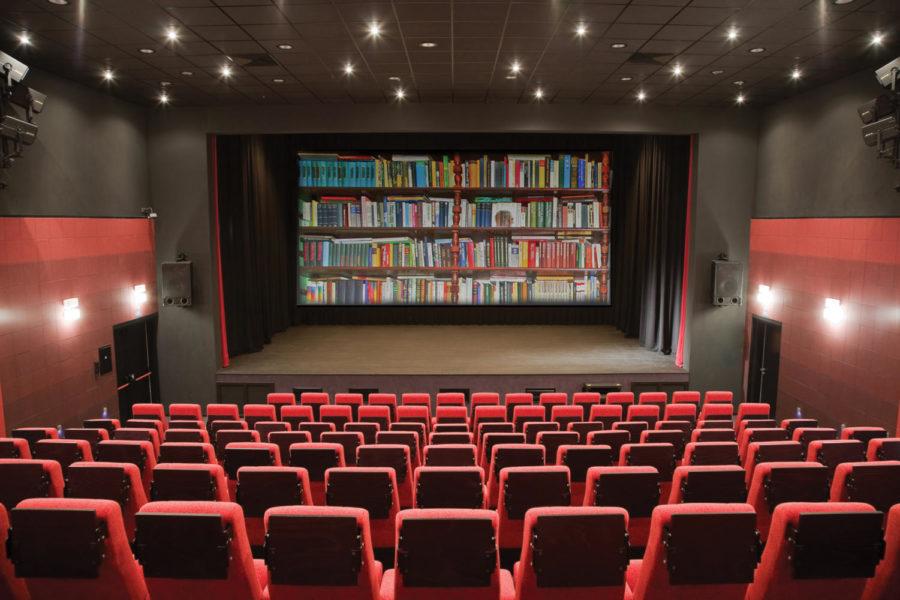Henry: The book is always better
November 28, 2012
Turning movies into books is either a hit or miss project. When it all comes down to it, it’s a matter of opinion as to whether the big screen did your favorite book justice. But, time and time again, you’ll hear people say: “The book was so much better” or “Don’t see it until you’ve read the book.” Some movies allow you to understand the plot without diving into the novel. However, some stories, especially if in a series, are so intricate and detail-oriented you have no hope of understanding the story unless you’ve read the books.
Many book lovers will never be pleased with the outcome on the big screen. There’s always an important detail that was omitted or a certain character whose hair color was wrong. Turning books into movies is such a complicated task that it’s nearly impossible to remember every detail that was a part of the book. I could write my own short novel of things left out of the Harry Potter movies, many of which were integral to the plot.
I believe that if movie-goers go to a book-turned-film and haven’t previously read the book, they won’t truly appreciate what the book is about, nor will they fully comprehend the emotions and ideas the author was trying to portray. For example, I’m an avid fan of “The Lord of the Rings” movie trilogy, but I was never able to get past the second chapter of J.R.R. Tolkien’s works. One of my friends who is a die hard “Lord of the Rings” fan could go on and on about the minuscule differences between the novels and the movies. She agreed that while they were excellent movies, they didn’t quite capture everything that Tolkien had envisioned.
That’s the biggest problem I have with books turned movies. I have my own interpretation of the novel in my mind, complete with an exact picture of what I want the characters to look like. If the movie isn’t like what I had envisioned in my mind, I’ll never be 100 percent satisfied with it, no matter how many times I see the movie and scan it for the missing details.
Sometimes I don’t quite understand why some books are turned into movies. It takes a very special director with an exact vision and idea to make the move truly magical and capture the essence of the book. Again, this is simply a matter of opinion, but some books just aren’t meant to be turned into movies (“50 Shades of Grey,” anyone?). Another trend making its way around Hollywood is turning the final installment of a series into a two-part film.
Maybe it’s just a way for movie makers to make more money, but with the exception of the last Harry Potter installment, splitting up the finale just doesn’t make sense to me. The final “Lord of the Rings” was almost a four-hour movie, and in the 76th Annual Academy Awards, it won every Oscar it was nominated for. Obviously, there is a bigger correlation than that, but novels that don’t have the caliber of Harry Potter or “Lord of the Rings” shouldn’t be trying to prolong the end of the series by making an unnecessary film. If producers have a big enough budget to make a two-part movie, wouldn’t it make sense to combine them? It didn’t make sense to do it for “Twilight” and probably won’t make sense with the final installment in “The Hunger Games” series, due for release in 2015.
The biggest concern I have is when movie producers dare to take the classics to the big screen. “The Great Gatsby” by F. Scott Fitzgerald is set to make its silver screen debut in May. While the trailers make it out to be an extravagant and detail oriented film, I fear the intimacy and complex nature of the novel will be lost to the high budget of the film, and those who haven’t had the privilege of enjoying this classic won’t understand the point of the story. I hope that those who haven’t will choose to and not miss out on the best parts of a classic novel.







